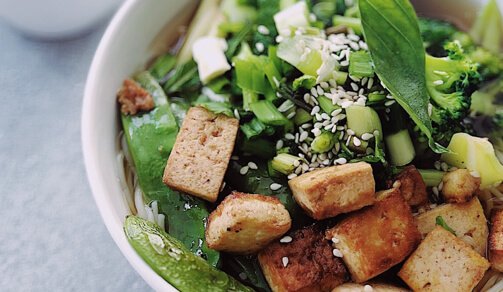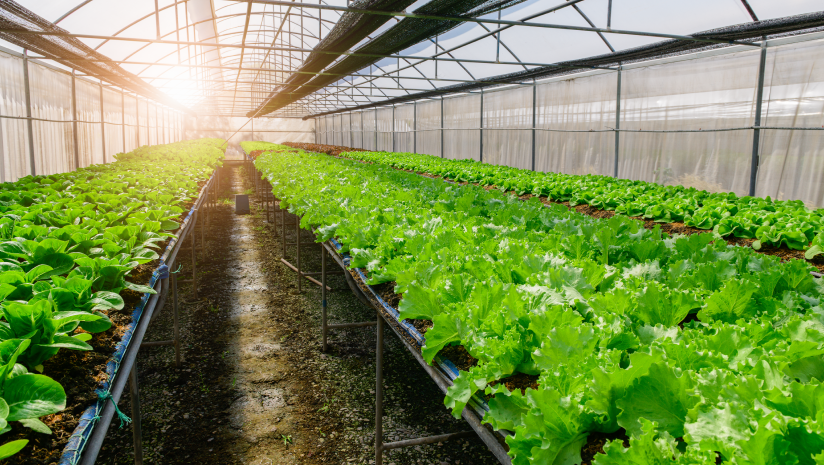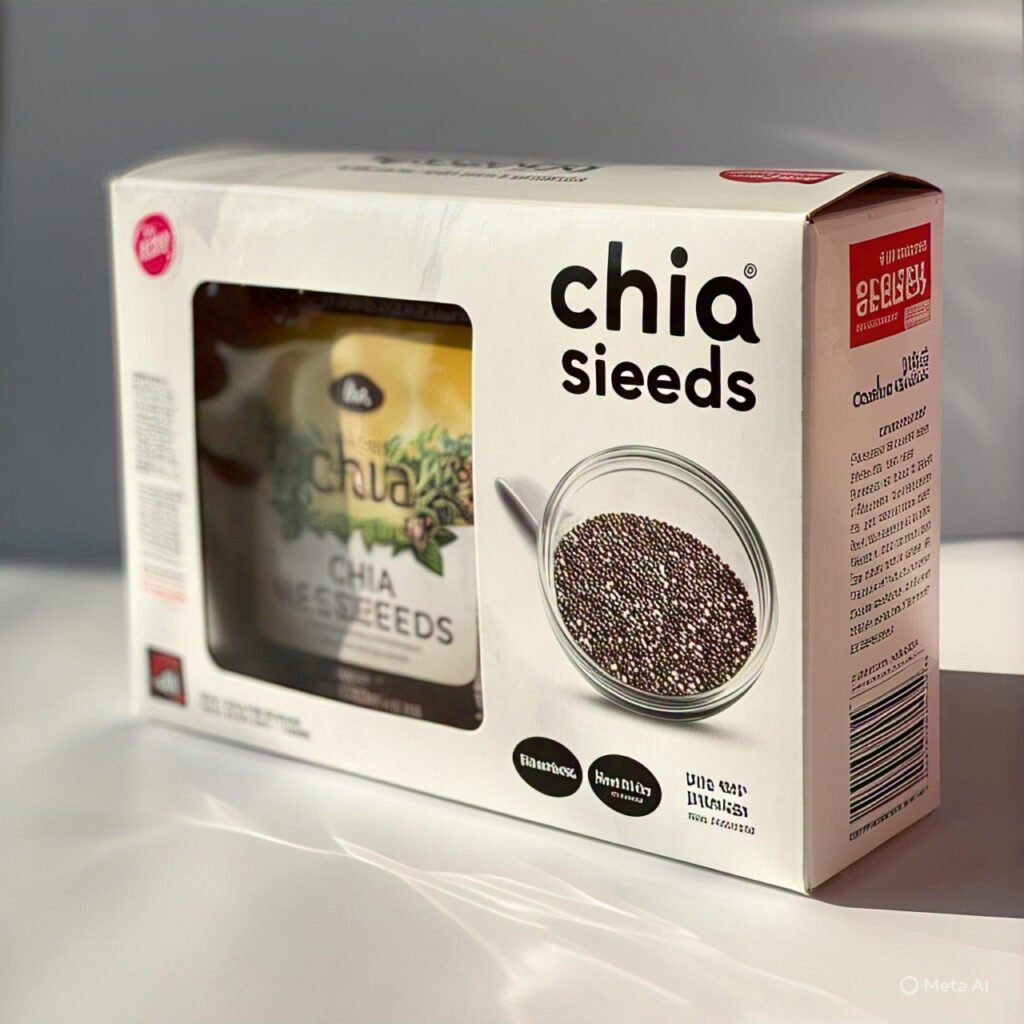Tired All the Time? Your Food Might Be to Blame
If you find yourself constantly exhausted—even after a full night’s sleep—you’re not alone. Many people struggle with persistent fatigue that interferes with their productivity, mood, and quality of life. While stress, poor sleep, or medical conditions can contribute to low energy, one of the most overlooked culprits is food. Yes, what you eat—or don’t eat—can have a direct impact on your energy levels.
In fact, your daily meals might be quietly draining your vitality. Let’s explore how certain eating habits could be fueling your fatigue and what changes you can make to naturally boost your energy levels.
1. Relying on Processed Foods
Highly processed foods, such as packaged snacks, sugary cereals, instant noodles, and fast-food meals, may be convenient, but they are often loaded with refined sugars, unhealthy fats, and empty calories. These types of food offer a quick energy spike followed by a sudden crash, leaving you feeling more tired than before.
When you eat processed items regularly, your blood sugar fluctuates rapidly. These spikes and drops make your body work harder to restore balance, using more energy in the process. Over time, this cycle contributes to chronic tiredness, irritability, and even insulin resistance.
What to Do Instead:
- Replace processed snacks with whole options like fruits, nuts, or Greek yogurt.
- Opt for complex carbohydrates such as oats, brown rice, or quinoa instead of white bread or pasta.
- Read nutrition labels and choose foods with fewer artificial ingredients.
2. Skipping Breakfast or Eating Sugar-Heavy Meals
Many people skip breakfast thinking it saves time or reduces calorie intake, but this habit can lead to energy depletion. Others opt for a quick fix like a muffin or sugary coffee drink, which provides temporary satisfaction but little nutritional value.
A morning meal that lacks protein, healthy fats, or fiber won’t keep you full for long. In fact, it can set the tone for poor eating choices throughout the day, further impacting your energy levels and mood.
Energy-Boosting Breakfast Ideas:
- A veggie omelet with whole-grain toast
- Overnight oats topped with chia seeds and berries
- Smoothies with spinach, banana, almond butter, and protein powder
3. Low Iron or Protein Intake
Fatigue is a common symptom of iron deficiency, especially among women. Iron is essential for producing hemoglobin, which helps carry oxygen through your body. If your food choices are low in iron or if you follow a plant-based diet without careful planning, you might not be getting enough.
Similarly, not eating enough protein can reduce muscle strength and metabolic function, both of which are crucial for sustained energy.
How to Fix It Naturally:
- Include iron-rich foods like lentils, spinach, tofu, lean meats, and pumpkin seeds.
- Pair plant-based iron with vitamin C-rich foods (like oranges or tomatoes) to enhance absorption.
- Add more protein through eggs, beans, chicken, or dairy products to every meal.
4. Not Drinking Enough Water
It might surprise you, but dehydration can often masquerade as fatigue. While we usually focus on food, the body’s hydration levels are just as critical to maintaining energy. Water helps with digestion, nutrient absorption, and blood circulation. Without it, you may feel sluggish and unfocused.
Many people consume plenty of beverages throughout the day—but if those beverages are caffeinated or sugary, they can actually contribute to dehydration.
Simple Hydration Tips:
- Drink a glass of water first thing in the morning.
- Carry a reusable water bottle and sip consistently throughout the day.
- Limit caffeine and avoid sugary sodas, replacing them with herbal teas or infused water.
5. Eating Large, Heavy Meals
Have you ever felt like taking a nap after lunch? That post-meal slump is often linked to large, carb-heavy meals that cause a spike in insulin, followed by a drop in blood sugar. Digesting a heavy meal also diverts blood to the digestive tract, making you feel tired and sluggish.
If your daily food routine includes oversized portions or meals high in refined carbs and fats, your body is constantly working overtime to process them, which depletes your energy.
Smarter Eating Habits:
- Eat smaller, balanced meals every 3–4 hours instead of 2–3 heavy meals.
- Combine protein, healthy fats, and fiber to keep energy steady.
- Avoid high-fat, deep-fried, or greasy foods during the day.
Fueling Your Body for Energy and Vitality
The connection between food and fatigue is more powerful than most people realize. What you put on your plate has a direct impact on how you feel mentally and physically. By making mindful choices and focusing on whole, nutrient-dense ingredients, you can restore your energy levels naturally—without relying on caffeine or energy drinks.
It’s not about perfection. It’s about awareness. Start by making small changes like cutting back on processed foods, adding more leafy greens, and drinking more water. Over time, these steps will build a strong foundation for lasting energy, mental clarity, and better overall health.
Final Thoughts
Feeling tired all the time doesn’t have to be your normal. Before you reach for another cup of coffee or blame your schedule, take a closer look at your food choices. Your body may be trying to tell you something through your fatigue—and changing your diet could be the natural remedy you’ve been looking for.
By fueling your body with the right foods, staying hydrated, and eating consistently, you’ll not only regain your energy but also improve your focus, mood, and vitality. So the next time you feel worn out, check your plate—it just might be the source of your strength.














